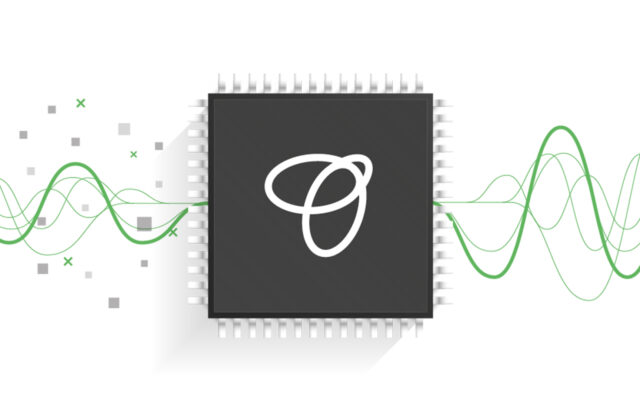Kandou’s Glasswing IP JEDEC Compliant
Newly-Published JESD247 Specification is JEDEC’s First Standard for Multi-Wire, Multi-Level Chip-to-Chip SerDes Kandou Bus has announced that their Glasswing™ GW28-125-USR interface macro that has been manufactured, tested and characterized, is compliant to the newly published JEDEC specification, JESD247. Titled the “Multi-Wire, Multi-Level Interface Specification”, this new specification was published by…

Newly-Published JESD247 Specification is JEDEC’s First Standard for Multi-Wire, Multi-Level Chip-to-Chip SerDes
Kandou Bus has announced that their Glasswing™ GW28-125-USR interface macro that has been manufactured, tested and characterized, is compliant to the newly published JEDEC specification, JESD247. Titled the “Multi-Wire, Multi-Level Interface Specification”, this new specification was published by the JEDEC standards development organization in June. Kandou actively participated in the effort to define this interface, and David Stauffer of Kandou served as the chair of the JEDEC task group that produced the text. As an active JEDEC member and in full compliance with membership terms and conditions, Kandou has committed to adhere to the RAND, Reasonable and Non-Discriminatory, terms of the JEDEC standards body for the licensing of the Kandou patents to that are needed to implement this interface.
Kandou Founder and CEO Amin Shokrollahi said, It is wonderful to see multi-wire, or as we call them ‘Chord™’, interfaces embraced by the JEDEC community in the publication of this standard. Chord interfaces allow more bits to be carried over a given channel type with less power than differential techniques and with greater signal integrity than single-ended techniques. It is likely that many future interfaces will use Chord technology since most interfaces are up against power and/or signal integrity limits.
The Glasswing IP is a hard macro block that is implemented in TSMC’s 28 nm HPM process. This interface employs Kandou’s CNRZ-5 chord that sends 5 bits over 6 correlated wires plus two clock wires in each direction. The link provides 125 Gbit/s of bidirectional throughput over a 12 mm, in-package channel with very low power consumption of 1.04 pJ/bit (1.04 mW/Gbit/s). A quad version in 16 nm that shares the forwarded clock will consume only about 0.8 pJ/bit (0.8 mW/Gbit/s) and is currently under development.
JESD247 is available free of charge (registration required) on the JEDEC website.


